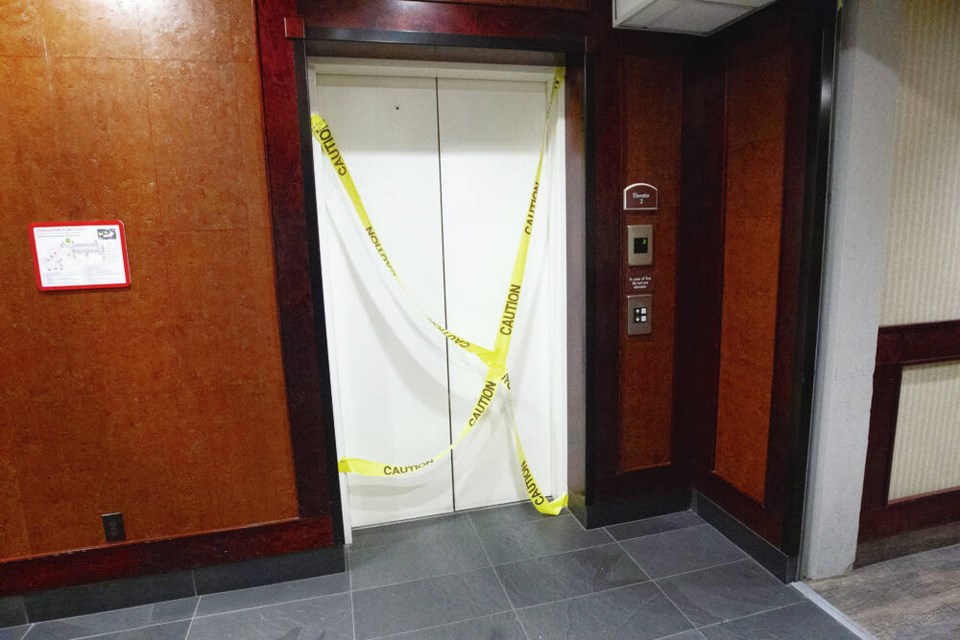Many years ago, I worked a short contract in a large office building. Every day I took the elevator up to my workspace, and every time someone was in the elevator with me, they asked, “What Nation are you from?”
It’s something I’ve been asked by strangers my entire life, and at that time I didn’t have any answer to give. I would talk about the Sixties Scoop, explain that I was adopted, and that I didn’t know where I was from.
For me, it’s been a soft spot about not knowing where I am from. I have always been proud to be Indigenous, and I have always had more unanswered questions than information.
I was younger then, and I didn’t realize I didn’t have to answer the question or could have skirted it with a prepared phrase. So, every time I was asked, I shared my story, and each time I could feel the emotional impact growing.
Once in a while, being asked is no big deal.
This was multiple elevator trips a day and I probably answered the question three to seven times a day.
I want to note, the people asking were not aware how many times I was asked this. They wouldn’t know.
After a few weeks, and the elevator questions kept coming, I was speaking with my manager and explained how I have never been asked this question so often in my life, and it was odd having to tell people that I was adopted multiple times a day, for weeks on end.
Without skipping a beat my manager said, “Yes, we did cultural training, and we were told that it is polite and respectful to ask Indigenous people where they are from.”
It’s true, and in some instances, it is polite and respectful to ask, and in others, such as mine, the innocent “polite” question can be triggering and intrusive.
As I write this, I realize the question wasn’t genuine, it was a question people were told to ask, to make conversation. It was their prepared phrase.
Now, I know I didn’t have to answer, but at the time I didn’t realize that I had an option.
Sometimes people would say kind words, or awkwardly change the subject. Other times people provided me their thoughts on how I might solve my problem.
“Call the government, they’ll tell you.”
“Have you tried Indian Affairs?”
“Did you check your birth certificate?”
Each time these questions pried further. Of course, I’d tried these things, and there wasn’t a simple answer. If I answered the additional questions, I was then reliving more trauma about my dead-end search.
I am not sharing this story to criticize people; they were asking innocent questions that they were told were respectful.
We don’t always know how things land with other people. We might think it is a question to better help us educate ourselves and help us be allies.
Over the last few months and specifically after my column last week, I’ve received many emails from readers questioning the validity of the Survivor accounts from residential schools.
Some of the questions are hurtful, even if I know they are not intended to be. I agree that everyone is entitled to their opinions, and that people are curious and want to learn more.
Sometimes a Google search doesn’t have all the answers, or the truths.
I have sat with many residential school survivors over the years, and they have shared what they endured and what they witnessed.
These are not my stories to share, but I believe them.
I encourage people who do want to learn more, to find respectful avenues to do so.
For the Survivors who have shared their stories publicly, sometimes the stories are so horrific that it might be easier to discredit them instead of acknowledging them, because acknowledging them means we validate the horrific dark cloud it casts on our history.
I believe the Survivors. You don’t have to agree with me.
I am not writing this to sway the deniers. I am writing this to remind people that questions may not be received how they are intended.
Please be mindful of the questions you ask, and who you are asking them to.
Charlahuber@outlook.com
>>> To comment on this article, write a letter to the editor: letters@timescolonist.com



